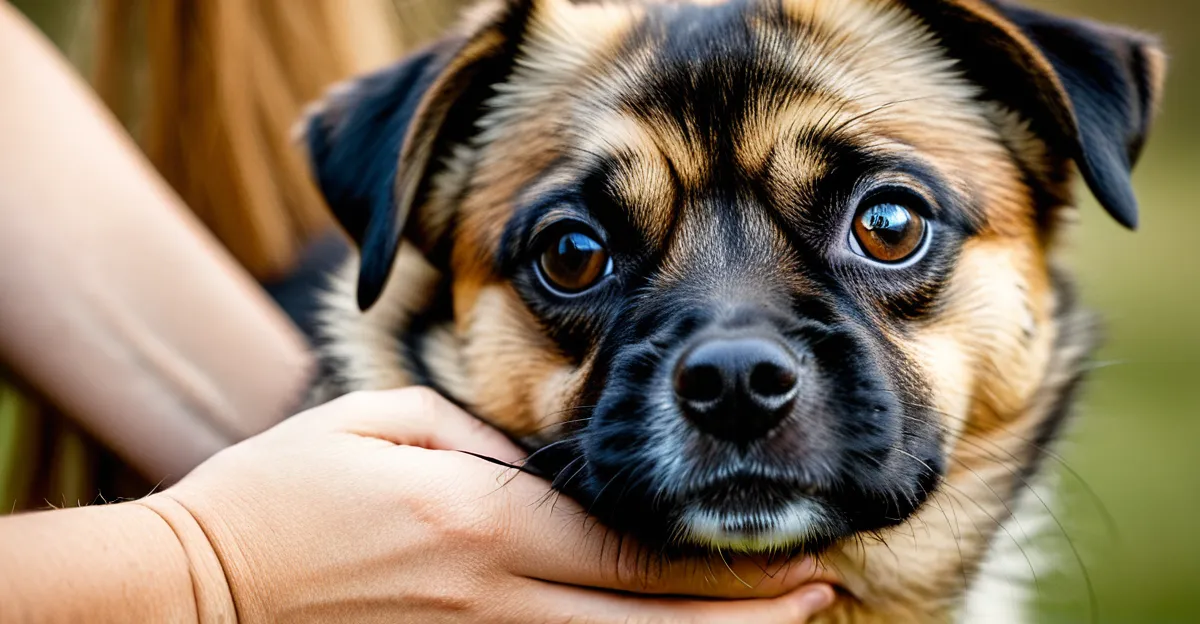Current Trends in UK Pet Ownership for 2024
Recent UK pet ownership trends reveal significant shifts in both the types of pets chosen and the ways owners engage with them. In 2024, pet ownership statistics indicate a rise in households adopting multiple pets, reflecting a growing desire for companionship. Notably, dogs and cats remain popular, but there is a clear increase in other species such as rabbits and hamsters.
Comparing to previous years, 2024 UK pet trends highlight a trend toward smaller or more manageable pets, influenced by urban living and changing household sizes. For example, the percentage of households owning a dog holds steady around 25%, while small mammal ownership has grown by approximately 10%. This shift impacts how owners prioritize space, time, and investment in pet care.
Have you seen this : How Do UK Pets Adapt to Different Weather Conditions?
These evolving 2024 UK pet trends suggest pet owners are seeking diverse companionship types while balancing lifestyle demands. As such, pet-related services and products are adapting, reflecting these nuanced changes in the pet ownership landscape across the UK. Understanding these shifts helps inform better support for current and future pet owners.
Rising Popularity of Non-Traditional Pets
Interest in exotic pets UK has increased notably in 2024 UK pet ownership trends. Species such as reptiles, birds, and small mammals are gaining attention beyond the usual dogs and cats. According to recent pet ownership statistics, households adopting non-traditional pets have grown by nearly 15%, reflecting a broader shift in pet species trends.
Additional reading : How do I choose the right pet insurance in the UK?
This change is influenced by urban lifestyles, where space constraints make smaller or less common pets attractive. Additionally, many owners seek unique companions, enhancing their connection through less conventional pet choices. Exotic pets often require specialized care, including controlled environments for reptiles or specific diets for birds, which presents both opportunities and responsibilities.
Challenges in owning exotic pets include the need for expert knowledge to maintain health and wellbeing. Legal considerations also arise, as some species are regulated due to welfare or ecological concerns. Prospective owners must weigh these factors carefully, ensuring that their commitment aligns with the demands of such pets.
This surge in exotic pets reflects a dynamic pet ownership landscape in the UK, encouraging adaptation in pet care services and resources to support diverse animal needs.
Growing Influence of Technology in Pet Care
Technology is reshaping pet care in the UK through the rise of pet technology UK and pet care apps. In 2024, more owners are relying on smart devices to monitor their pets’ health, activity, and wellbeing. Wearable trackers, for instance, provide real-time data on exercise levels and vital signs, enabling early detection of health issues. This shift is supported by recent digital trends in pet ownership, where convenience and data-driven care are priorities.
These technologies influence daily routines by facilitating remote monitoring and timely interventions. Many apps offer medication reminders, diet tracking, and behaviour analysis. Such tools empower owners to make informed decisions, improving pet health outcomes. Moreover, interactive feeders and automated litter boxes represent practical innovations easing the burden of busy lifestyles.
The impact of pet technology UK extends beyond convenience. It fosters a closer bond through better understanding of pets’ needs, encouraging proactive care. Manufacturers are also integrating AI features to enhance adaptability and customisation. As these digital trends continue, pet care in 2024 embraces a smarter, more connected future that benefits both animals and owners alike.







